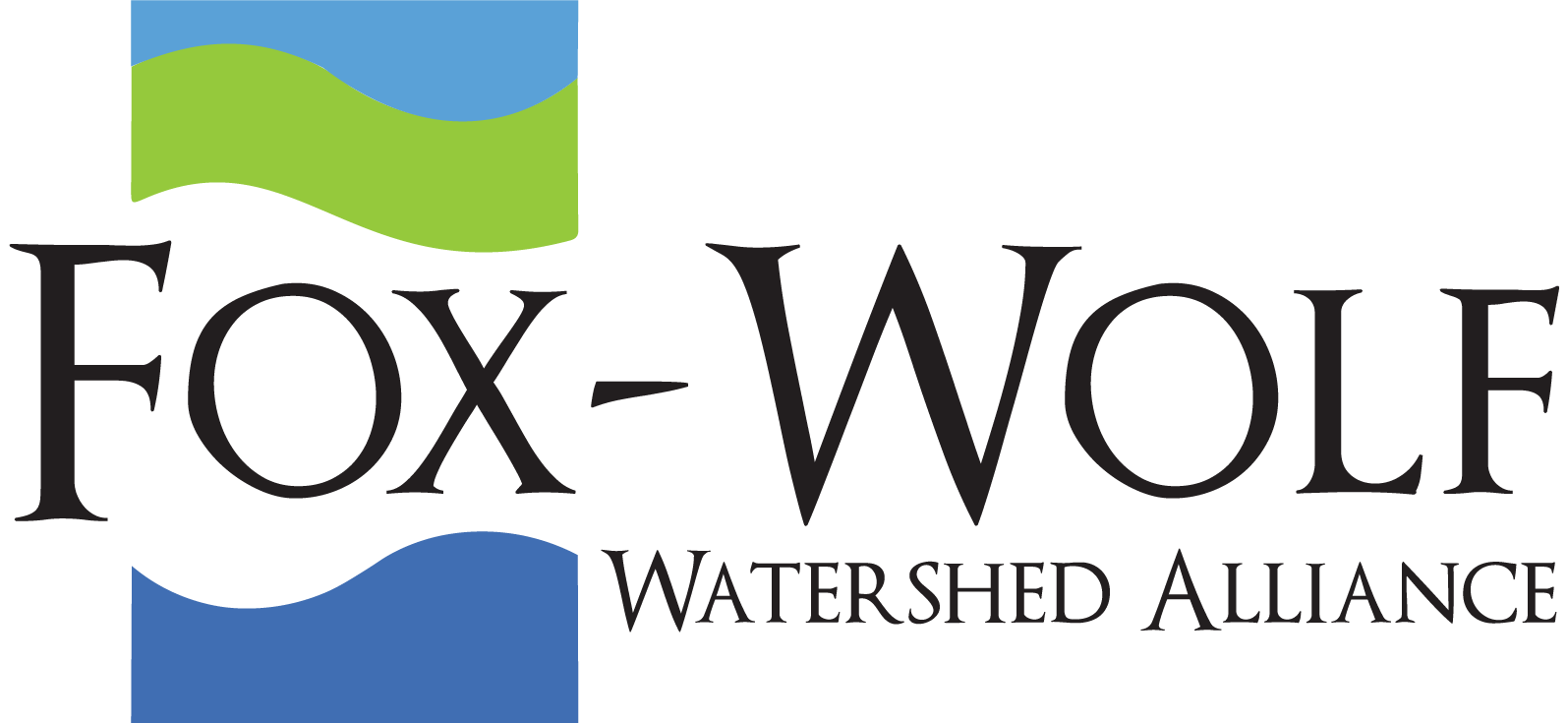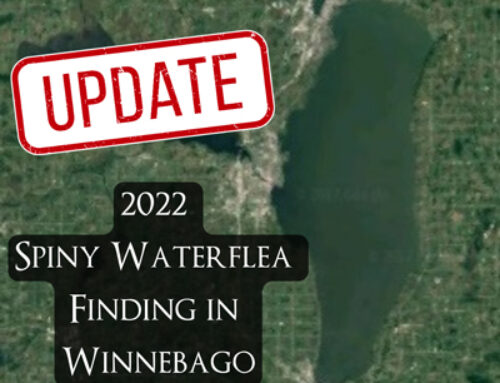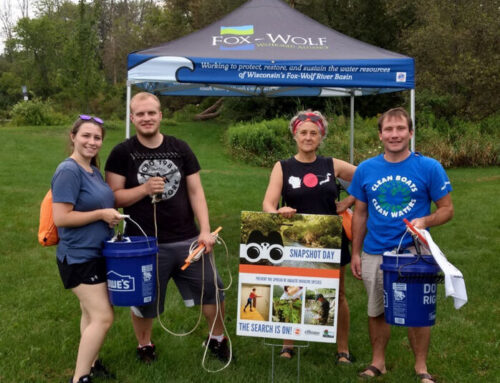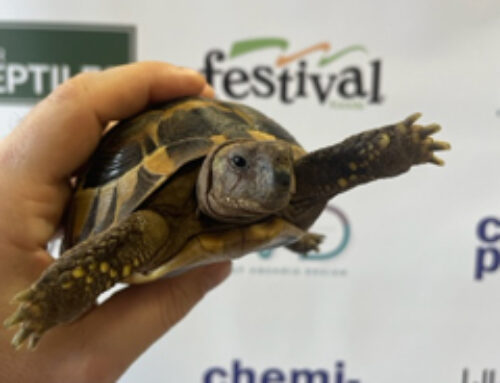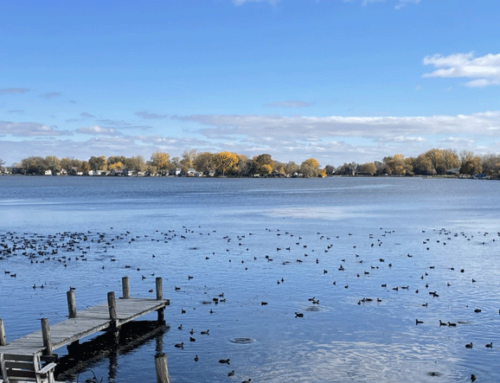Wisconsin Gardeners Help Manage Aquatic Invasive Plant Species
Spread the word and help make a difference by participating in North America National Invasive Species Awareness Week February 20-26.
Aquatic invasive species (AIS) impact everyone in our state, whether you enjoy boating, swimming, fishing, hunting, or recreating in or near the many lakes, 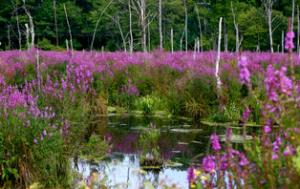 waterways, and wetlands in Wisconsin. Keeping them free of invasive plants is critical for maintaining our enjoyment and the health of our waterways. With your help, we can spread the word and enlist more people to help.
waterways, and wetlands in Wisconsin. Keeping them free of invasive plants is critical for maintaining our enjoyment and the health of our waterways. With your help, we can spread the word and enlist more people to help.
As gardeners, we’ve seen first hand those invasive plants that plants leave the bounds of gardens and disturb nearby natural spaces. These plants are often invasive species; aggressive animals and plants that grow and reproduce rapidly, displace native plants and animals, and cause major disturbance to the areas in which they are present. Some of these plants can live directly in water can are known as aquatic invasive species. This form of “biological pollution” can have significant negative impacts on our health, the environment, or even our economy. If aquatic and terrestrial invasive species are not managed, they can and will limit land and water use now and into the future.
Our well-cared-for gardens, ponds, and shoreline landscapes can play a role in reducing the wide range of impacts AIS have on individuals, communities, and the state. Your involvement can be at whatever level aligns with their gardening endeavors, abilities, and interest.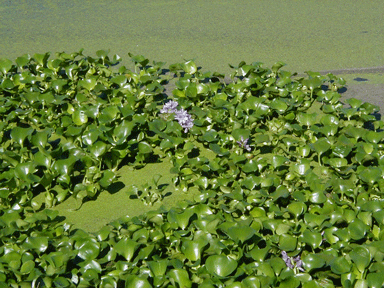
As gardeners and gardening influencers, we can be part of the solution. Encourage others not to purchase and grow plants restricted in Wisconsin in their water features and landscapes. Although regulations for the sale, purchase, and possession of invasive species are in place, some online sellers are not aware, not up-to-date, or not concerned with following existing state and federal regulations. Just because you are able to purchase a plant does not mean it is allowed in Wisconsin. So it is up to us, the individual gardener, to make sure invasive plants do not end up in our gardens, natural spaces, and waterways. Instead buy plants from a reliable and whenever possible, local source.
Share the importance of removing and properly disposing of invasive plants to prevent their spread. Most municipalities allow you to bag and throw invasive plants in the garbage. Discourage them from sharing invasive and aggressive plants with friends and family. These well-intentioned “gifts” result in more work for the recipient and can harm nearby natural spaces.
Report invasive species populations in public spaces and waterways to the Wisconsin Department of Natural Resources (WI DNR) so they can contain and manage 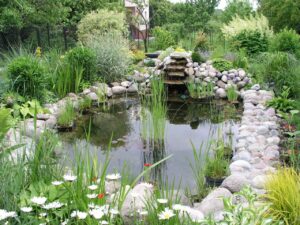 the problem. And if you are interested in volunteering to help control these unwanted plants, email chris@fwwa.org, Fox-Wolf Watershed Alliance’s Invasive Species Coordinator Chris. The more people watching for these problem plants the sooner we can begin containing and managing the problem.
the problem. And if you are interested in volunteering to help control these unwanted plants, email chris@fwwa.org, Fox-Wolf Watershed Alliance’s Invasive Species Coordinator Chris. The more people watching for these problem plants the sooner we can begin containing and managing the problem.
Learn to identify problem plants and look for alternatives. Encourage gardeners to fill their landscapes and water gardens with native plants. This is an appealing first step in growing success and keeping our waterways safe.
Tackling the topic of managing invasive plants can be overwhelming and lead to inaction.It’s the little actions we can take together to help protect our waters and our environment. Maintaining and restoring our waters and landscapes can reduce the impacts even when we don’t have other management options for an invasive species. Reporting invasive species is a first step in containing their spread.
Register for the Free Webinar
Join Melinda Myers on February 22nd at 6:30 pm CT in celebration of National Invasive Species Awareness Week. Melinda is hosting a free webinar, Grow Beautiful Water Gardens Free of Invasive Plants. I will provide tips on identifying problem plants and suitable substitutes. Registration is required; sign up by clicking here. Visit the WI DNR webpage Aquatic Invasive Species and Publications and Products for more helpful tips and resources.
Original Story: Melinda Myers
Questions? Comments? Contact Chris Acy, the AIS Coordinator covering Brown, Outagamie, Fond du Lac, Calumet, and Winnebago Counties at (920) 460-3674 or chris@fwwa.org!
Follow the Fox Wolf Watershed Alliance’s Winnebago Waterways Program on our Winnebago Waterways Facebook page or @WinnWaterways on Twitter! You can also sign-up for email updates at WinnebagoWaterways.org.
Winnebago Waterways is a Fox-Wolf Watershed Alliance program. The Fox-Wolf Watershed Alliance is an independent nonprofit organization that identifies and advocates effective policies and actions that protect, restore, and sustain water resources in the Fox-Wolf River Basin.
Check out the Keepers of the Fox Program at https://fwwa.org/watershed-recovery/lower-fox-recovery/
